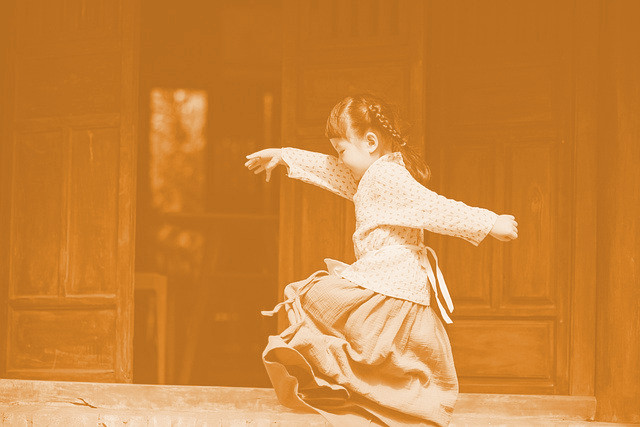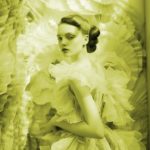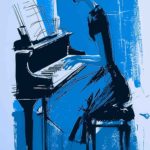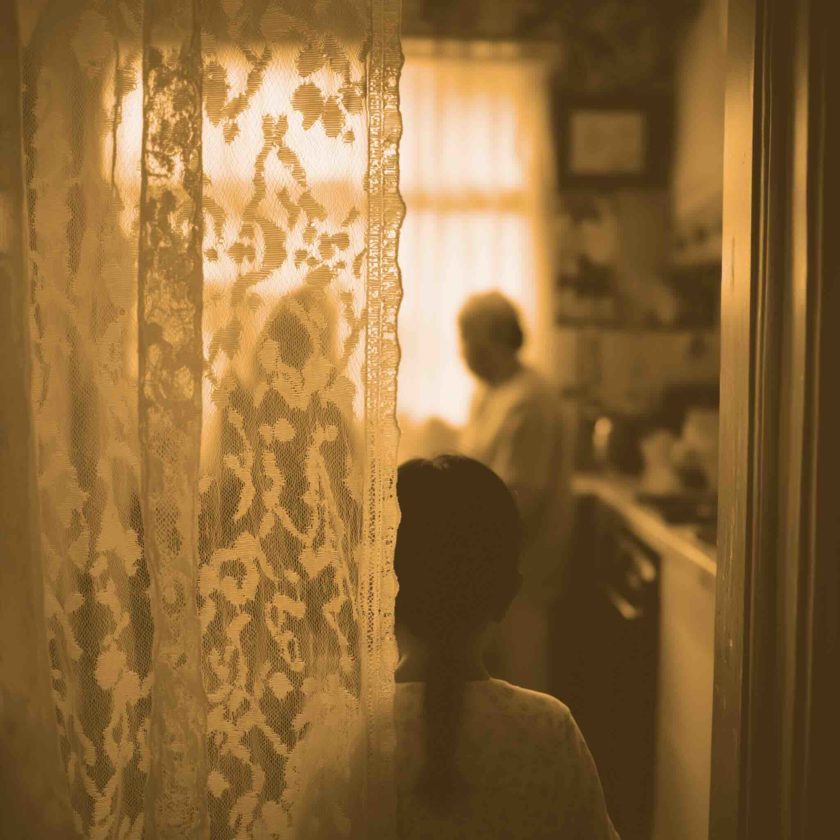Our mind is like that, it gives more importance to the hardest things, regardless of the results. We are therefore naturally encouraged to seek effort on a daily basis since it offers us both gratification and a sense of accomplishment and even enhances our perception of our integration into society through work, which is a pillar value. This cognitive bias is counterbalanced by another: the search for the least effort. We often oscillate between a form of passive laziness that pushes us to endure our environment while making great efforts to maintain our self-esteem. These oscillations deceive us and affect our efficiency, i.e. the effectiveness of our resources, whether they are related to time, energy or attention.
It is appropriate here to dwell on the Taoist concept of wuwei which constitutes an immediate response to the loss of efficiency. Wuwei is the art of acting without acting, i.e. being in tune with the cosmic order in such a way that things happen at the right time without the will to force things. It is not a passive or nonchalant approach but rather a conscious one that involves directing one’s efforts to the right place at the right time. It’s a kind of life judo. If you want to take down an opponent in judo, you don’t go for it like a brute, but instead apply the right pressure when you see a point of imbalance. This implies being flexible and intuitive, but also having trained hundreds of hours to have developed this acuity.
Wuwei operates in the same way. It is about having a form of discernment and picking the fruit only when it is ripe. The Wuwei philosophy can be applied to various dimensions of life: the personal and professional spheres.
It is not laziness and certainly not passivity. Wuwei is a way of approaching life like a ship’s captain approaches the oceans: by taking into account the natural forces of wind and swell. To be in wuwei is to take advantage of the forces at work and to establish one’s strategy as best as possible. The goal is not to oppose a force brutally, at the risk of tiring ourselves unnecessarily, but rather to use it so that it serves our objectives.
To produce and make grow, to produce without appropriating, to act without expecting anything, to guide without constraining, this is the supreme virtue. Tao tö King, Lao-tzu
Desires often hinder our actions. Through selfless action, we can reconnect with the flow of life, i.e. reconnect with the Way, according to the Taoists. It is difficult to live completely without desires, we are made of bones and flesh, there is always an underlying physiological need that pushes us towards survival. Beyond these primary needs, we can approach life with a form of detachment as Lao-tzu advocates, only in this way can we act according to wuwei.
When man is born he is supple and weak; when he dies he is rigid and hard. Plants at their birth are soft and fragile. When they die, they are dry and hard. What is hard and strong goes to its death. What is soft and weak goes towards life. Lao-Tseu
Rigidity and brutality are in reality forces of death since they go against the principles that characterize young life. To achieve a certain level of mastery, one must imitate young plants or children. To remain open and flexible in old age is a sign that one can adapt to circumstances like the sails of a ship that changes direction due to a change in the wind. Excessive hardness or harshness leads one away from the tao, one no longer acts according to the principle of wuwei.
Without going through the door, one can know the world. Without looking out of the window, one can see the Way of Heaven. The further you go, the less you learn. The wise man does not walk and arrive, knows without looking, accomplishes without acting. Lao-tzu
Taoism is made of apparent contradictions on which one can be meditated. Wisdom is to act without effort and to know things by instinct, because we have succeeded in deepening our understanding of ourselves. What we understand about the world around us is in reality only the echo of a pre-existing inner world. In order to know the world, we must dig into the knowledge we have of its source. By staying connected to one’s source, one can understand the world. To be in wuwei is to have a more accurate view of the things around us because we have reconstructed them in our heart.
The true traveler has no set plan and no intention of arriving. Lao-Tzu
Wanting to shake things up hinders the traveler’s experience. A worthy traveler sets no limits to his exploration. It is the journey itself that dictates the next steps of the journey. The same is true for life, which is also a journey. The fact that he has no preconceived ideas, that is, according to wuwei, allows him to approach his journey with a form of serenity. Living without expectations makes everyday life easier.
He who knows how to be satisfied will always have what is necessary. Lao-tzu
Contentment can be learned at any time. If one has not learned to live with a form of contentment with little, it is unlikely that one will experience this feeling in opulence. To be in wuwei is culturally a contentment. It is only in contentment that one can make the best decisions, as these are not distracted by latent or manifest desires.






